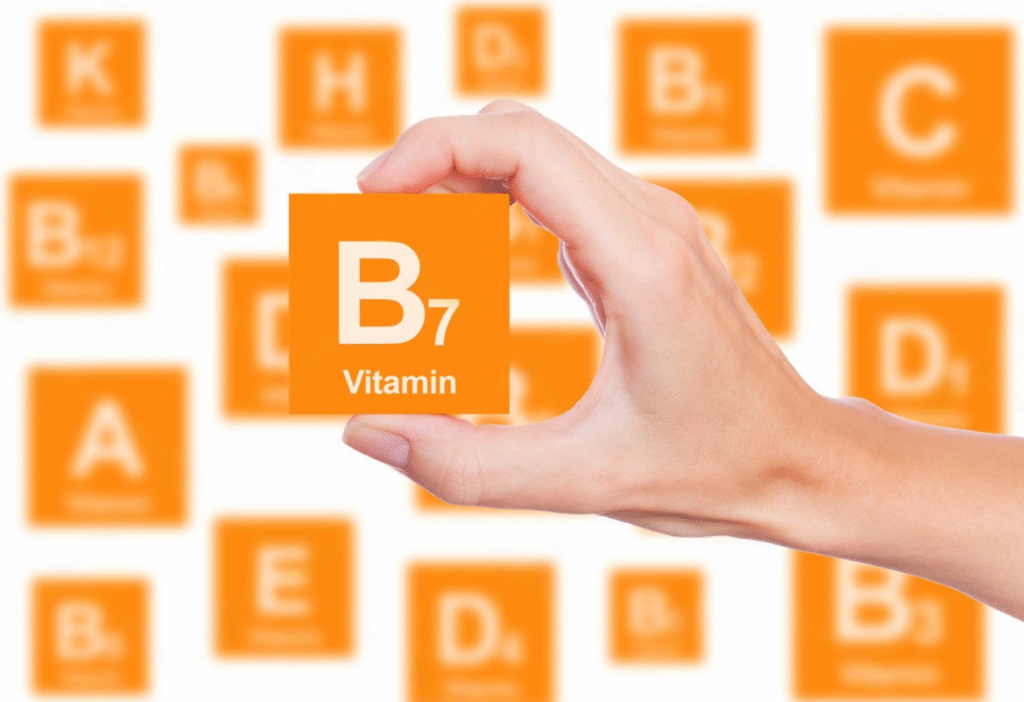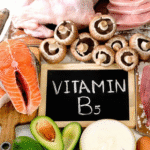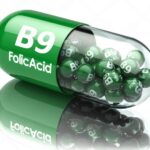Ever wondered what fuels shiny hair, rock-solid nails, and boundless energy? Vitamin B7 (Biotin) is a water-soluble and one of the B vitamins. Your body needs it as a key cofactor in energy metabolism and keratin production, making it a true beauty and vitality powerhouse. Ready to learn how this little nutrient can transform your health? Could biotin be your new secret weapon?

What is Vitamin B7?
Vitamin B7 is a member of the B-complex group. It is a water-soluble that your body does not store. This means you need a regular supply from food or supplements. It’s involved in a ton of essential bodily processes, even though you may not hear much about it.
Benefits of Vitamin B7(Biotin)
Hair, skin, and nails
Biotin is basically your body’s celebrity hairstylist. It supports hair, skin, and nails. It plays a key role in the production of keratin, which means healthy, strong hair, glowing skin, and unbreakable nails. If you’ve noticed more breakage or dullness, low biotin may be the culprit.
Metabolism and energy levels
Biotin boosts metabolism and energy levels. It helps to convert carbohydrates, fats, and proteins into energy. Think of it as a fuel converter in your internal engine. Without it, your metabolism can start to drag its feet.
Nervous system
Biotin strengthens the nervous system. It contributes to neurotransmitter activity and nerve signals. A deficiency can make you feel sluggish, moody, or even light-headed.
The Science Behind Vitamin B7
Vitamin B7 plays a role as a coenzyme in carboxylation reactions. Translation: It helps enzymes do their job during metabolic processes, such as breaking down food into usable fuel. B7 doesn’t work alone. It’s part of a team with other B vitamins like B2 (riboflavin) and B6 (pyridoxine), which support everything from cellular repair to hormone regulation.
Signs of lack of Vitamin B7
Vitamin B7 (Biotin) is water-soluble and is the member of the B-complex group. Its deficiency is rare often but in some cases it can happen. We will tell you about the following symptoms that you may experience if you have a deficiency..
- Thinning hair
- Scaly skin around the eyes, nose, or mouth
- Brittle nails
- Depression or lethargy
- Hallucinations
- Tingling in hands and feet
- Muscle pain or cramps
If you are checking more than one of these, a visit to the doctor may be in order.
Who’s at Risk of a Biotin Deficiency?
Biotin (B7) deficiency occurs due to certain factors and reasons. If you are one of these, you may be deficient in:
Pregnant Women
Increased nutritional demands can sometimes increase biotin intake, especially in late pregnancy.
People with Certain Medical Conditions
Conditions such as Crohn’s disease, alcoholism, and biotinidase deficiency can interfere with absorption or metabolism.
Individuals on Long-Term Medications
Some antibiotics and anti-seizure medications reduce the absorption of biotin. If you’ve been taking them for a while, your levels may be low.
Best Food Sources of Vitamin B7
Vitamin B7 can be found in a variety of foods that include animal and plant-based foods.
Animal-Based Foods
- Egg yolks
- Liver and kidneys
- Salmon
- Dairy products
Plant-Based Foods
- Nuts and seeds
- Sweet potatoes
- Spinach
- Broccoli
- Legumes like lentils
- Soybeans
How much biotin should be obtained daily?
The daily recommended intake amount of biotin (vitamin B7) for adults is 40 micrograms (mcg). However this varies based on age, gender, or other condition. While most people eat enough amounts of biotin from foods. According to the “WebMD” the adequate amounts (AI) are listed below:
- Children (9-13 years): 20 µg/day
- Children (14-18 years): 25 µg/day
- Adults (19+ years): 30 µg/day
- Pregnant people: 30 µg/day
- Breastfeeding people: 35 µg/day
How to Improve Biotin Absorption?
For best results, combine biotin-rich foods with others that contain zinc, omega-3s, or other B vitamins. Raw egg whites contain a protein “avidin” that binds to biotin and blocks its absorption. Cook your eggs, people!
Final Thoughts
Biotin may be one of the most overlooked nutrients out there. While it’s not a magic bullet for instant beauty, It plays a vital role in keeping your body running smoothly, from your hair to your nerve endings. Want healthy skin, strong nails, and balanced energy levels? Show vitamin B7 some love.
FAQs
1. Can biotin help with hair loss?
Yes—but only if your hair loss is linked to a deficiency. If your levels are normal, it probably won’t help much.
2. Is it safe to take biotin every day?
Absolutely. Just stick to the recommended doses unless your doctor advises otherwise.
3. How long does it take for biotin supplements to work?
You might start seeing results in 4–6 weeks, but it varies by person.
4. Can children take biotin?
Yes, but always consult a pediatrician before starting supplements.
5. Does cooking affect biotin in foods?
Somewhat. Biotin is heat-sensitive, so light cooking is best—especially for vegetables.


